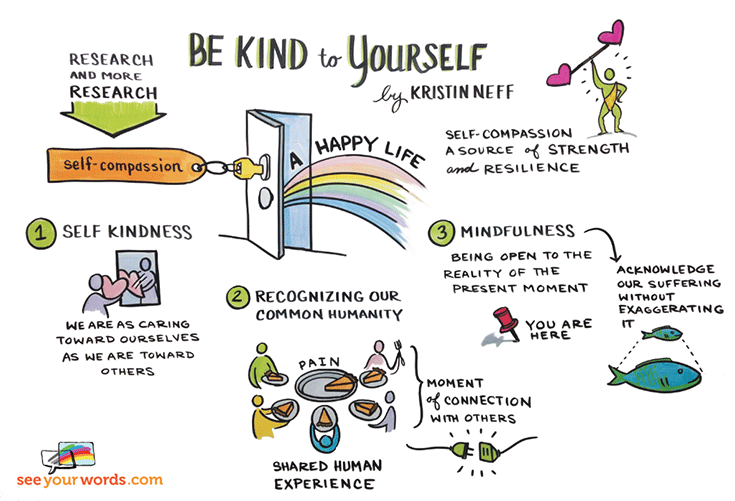
‘Well you know, I mean it’s all about my personal wellbeing isn’t it. It’s like, that’s the thing these days, you have to look after yourself don’t you.
It sometimes seems as though we live in an age which is unremittingly self-indulgent. We seem to have lurched from one extreme to another – from an age of self-negation to one of self-indulgence. The stiff upper lipped resolve and muscular Christianity of yesteryear has long since gone. In its place, we have acquired an enthusiasm for yoga, meditation, quinoa, kale, almond milk, numerous forms of therapy and a whole lot more besides. The Boys’ Own Adventure books of my youth have been binned in favour of relatable stories reflecting the complex contemporary world within which we live.
We are encouraged, even required, to be emotionally literate. Male friends now hug me effusively whereas in the past a formal handshake sufficed. Crying is no longer seen as a sign of weakness, rather each tear shed is a medal of honour to be worn with pride. Gogglebox is one long festival of sobbing. We are all encouraged to be ‘in touch with our inner-selves’ and to externalise every feeling we have – be it positive or negative.
How can I look after those around me if I do not look after myself?
This is often trotted out as a justification for looking after oneself at the expense of others. Certainly, it is the case that if one is utterly self-absorbed then one has little time or energy left to devote to others. If we habitually prioritise our own wellbeing over absolutely everything and everybody else then we are unlikely to conclude that there is an intrinsic virtue in sacrificing something of ourselves to support our family, friends and acquaintances.
A commitment to serving others is not cost neutral. Inevitably, what we contribute to the lives of those around us deprives us of sleep, energy, and time. Emotionally, we sometimes feel as though we are pouring ourselves into projects that detract from our own happiness. However, it is in serving others that we find our real purpose and our lives have little meaning if they are lived within emotional vacuums. Recently, I was told an anecdote about a young man who concluded that he was not going to help out some aged relatives because, ‘nobody ever did anything for him’. He was certainly looking after himself but he was missing out on the sense of accomplishment that a more generously minded approach might have provided.
Inwardly, I groaned slightly when I heard someone talking about practising self-compassion the other day. The reactionary and grumpy part of me concluded that it probably involved endlessly smug bouts of omphaloskepsis. However, learning to be compassionate towards ourselves is essential if we are to live happy well-adjusted lives. What does this mean in practice?
1. Mindfulness
It is important that we are able to recognise when we are stressed or anxious without overreacting or judging ourselves negatively.
2. Self-Kindness
Being supportive and understanding towards ourselves; especially where we are experiencing difficulty. Often, we can be our own harshest critics and this serves to lower our self-esteem and fuel our despair. I know that I have the potential to be fairly destructive in this regard.
3. Recognising our Common Humanity (or connectedness)
Remembering that everyone makes mistakes and experiences difficulties. We are never alone in this regard. Recognising our common humanity helps to contextualise our feelings. It also serves to decatastrophize situations.
An ability to perceive ourselves objectively helps to rationalise our feelings. Understanding our emotional responses to situations is enormously helpful. Similarly, taking time to enjoy a warm bath, cup of tea or favourite television show are of tremendous benefit. Self-compassion is not an ennobling concept of itself but it is a useful way of thinking about how we might best look after ourselves. If it becomes a self-serving mantra by which one lives one’s life, then there is an inevitability that self-regard will eclipse one’s sense of responsibility to others.
The Queen provided a wonderful example of devoted service to others. Even the most diehard Republican would struggle to criticise her commitment to duty. However, there were times when her resolve must have come at a colossal personal cost. As we gradually move into a more emotionally literate age, it is right that we take time to reflect more carefully upon the need to look after ourselves. This should enhance our ability to support others rather than be invoked as an excuse for inaction.
I hope that King Charles III is kind to himself over the next few days and I hope he practises self-compassion. The emotion etched on his face during the events of Monday serve to remind us that we never stop being children and there is never an age when losing one’s parents is anything other than a life-changing cause of incomparable grief.

Jeremy Quartermain
Headmaster of Rossall School


